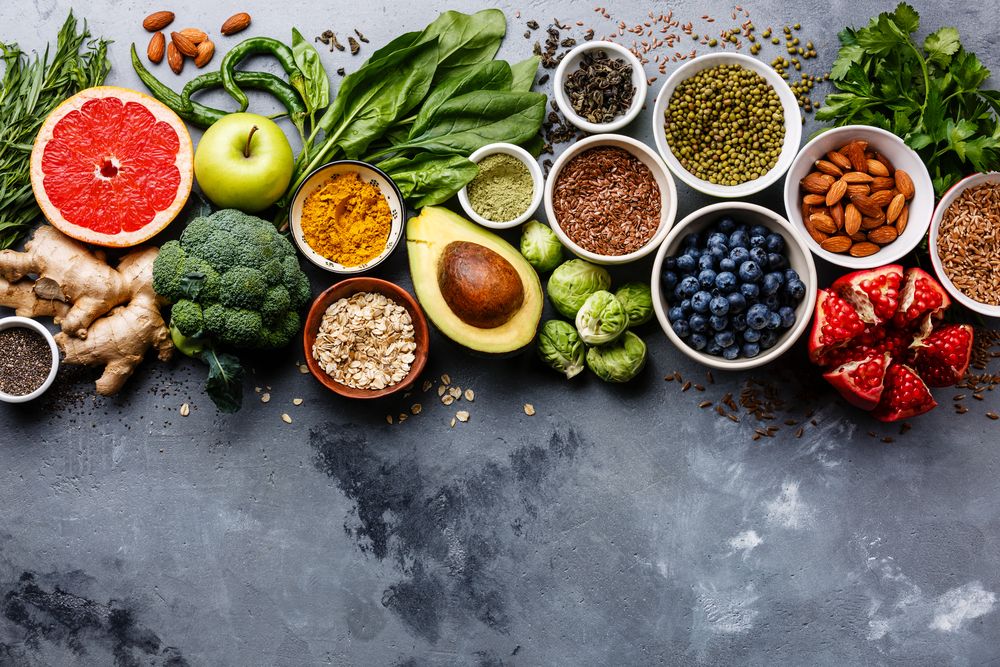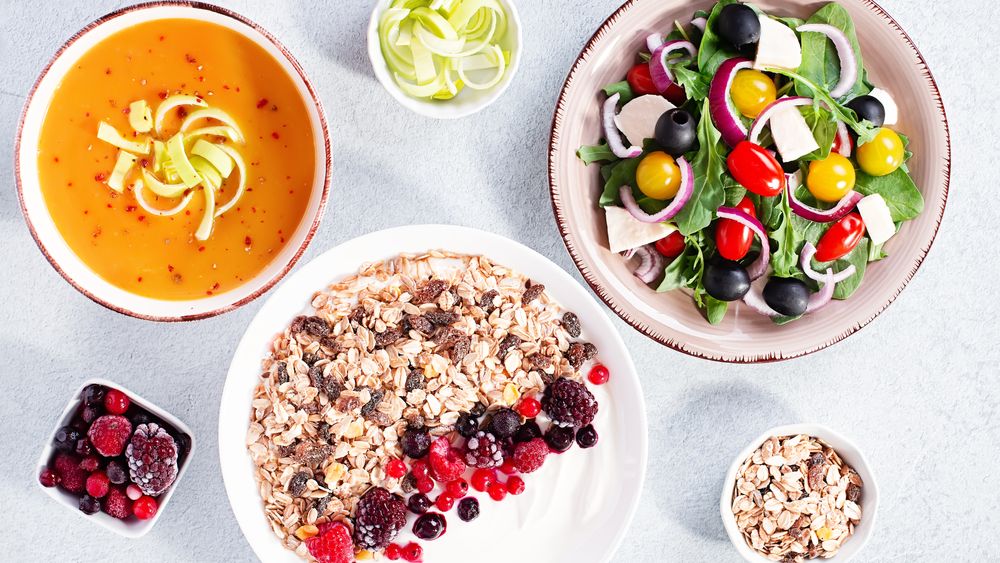As a new year dawns upon us, it often brings a sense of rejuvenation and a fresh start, particularly for those with fitness, dietary, wellness, or weight-loss aspirations. Making that initial leap and choosing the right weight-loss diet can be the most challenging aspect, with sustainability being the key. To simplify this process, we are pleased to present the 2024 edition of U.S. News & World Report's Best Diets rankings, highlighting the top five weight-loss diets for the year. This comprehensive guide will help you navigate the path to achieving your weight-loss goals in 2024.
Gretel Schueller, the Managing Editor of Health at U.S. News, stresses the consensus among experts that a gradual and consistent approach is the most effective for weight loss. She advises, "When it comes to weight loss, the consensus is clear: slow and steady progress is the winning strategy. The ideal rate of weight loss is approximately one to two pounds per week. Rapid weight loss can lead to muscle loss, a decrease in metabolism, and potential nutrient deficiencies and health complications. Effective strategies for healthy and sustainable weight loss include portion control, adhering to regular eating patterns, substituting nutrient-rich foods for fatty and sugary processed options, and maintaining a balance of adequate sleep and physical activity."
Let's delve further to discover comprehensive insights into the leading five weight-loss diets for the year 2024.
1) WeightWatchers

WeightWatchers has secured the top spot as the best weight-loss diet for 2024, as reported by U.S. News. This diet operates on a "Points" system, which takes into account factors such as fiber, protein, added sugar, and the distinction between saturated and unsaturated fats in foods. When following WeightWatchers, individuals are required to adhere to their designated Points allocation on a daily and weekly basis.
Gretel Schueller, sharing insights on this diet, states, "In the weight-loss category, WeightWatchers ranks as number one. Similar to many other top-ranked diets we've discussed, WeightWatchers doesn't impose strict food restrictions. It also incorporates a crucial element essential for any successful weight loss regimen: support. In addition to in-person gatherings and the option of one-on-one consultants, the program provides access to an online community, an interactive app, and a plethora of other valuable resources. Programs like WW that offer emotional support and group meetings have demonstrated higher compliance rates compared to self-directed dieting."
2) Mediterranean

Next in line is the Mediterranean diet, which has also earned the prestigious title of the best overall diet of 2024. Remarkably, this marks the seventh consecutive year in which the Mediterranean diet has claimed the top spot. Gretel Schueller elaborates, "The Mediterranean diet is more of a lifestyle approach than a conventional diet, and that's precisely why it consistently ranks at the top. It doesn't burden you with complex rules to follow or hard-to-find ingredients."
So, what should you include in your shopping list for the Mediterranean diet? Opt for minimally processed, whole foods, encompassing healthy fats, and plant-based selections like fresh fruits and vegetables, whole grains, poultry, fish, nuts, olive oil, and specific dairy products. Additionally, moderate consumption of wine is permitted.
Schueller emphasizes, "The fundamental principles of the Mediterranean diet revolve around incorporating whole foods into your daily routine. Your meals should primarily consist of vegetables, fruits, beans, legumes, whole grains, and healthy fats like nuts and olive oil. Aim to include seafood at least twice a week. Additionally, enjoy a moderate amount of dairy, eggs, and poultry weekly. Treat red meat and sweets as occasional indulgences, and you'll be on the path to a lifelong healthy diet."
3) Volumetrics

Ranked as the third-best weight-loss diet of 2024 is the Volumetrics diet. This dietary approach places a strong emphasis on low-calorie foods that are rich in essential nutrients, such as vegetables, fruits, low-fat dairy, and whole grains. U.S. News highlights that low-calorie foods typically have a higher water content, which increases the "volume" of the food and contributes to a greater sense of fullness. Examples of such foods include non-starchy vegetables, fruits, and broth-based soups.
Volumetrics also advocates for the reduction of "high-calorie density foods," which encompass items with high levels of added sugar and unhealthy fats. This diet encourages individuals to make choices that prioritize nutritional value while keeping calorie intake in check.
4) Mayo Clinic

The Mayo Clinic diet stands as a 12-week program designed to assist individuals in establishing enduring healthy habits. Its primary objective is to enable you to reach your target weight while still savoring delectable meals, whether you're dining at a restaurant or preparing a homemade feast. This dietary plan eliminates the need for meticulous calorie or points counting. Instead, it focuses on cultivating smart eating habits and employs a food pyramid that places a premium on vegetables, fruits, and whole grains, simplifying the process of meal planning.
5) DASH

Finally, we have the DASH diet, also known as the Dietary Approaches to Stop Hypertension, which is endorsed by the National Heart, Lung, and Blood Institute. This dietary regimen centers on the consumption of ample vegetables, fruits, whole grains, low-fat dairy, and lean sources of protein, while reducing the intake of foods with added sugar and high levels of saturated fat, such as full-fat dairy products and fatty meats. The primary objective of the DASH diet is to fulfill all your nutritional requirements while simultaneously decreasing the risk of developing heart disease.

